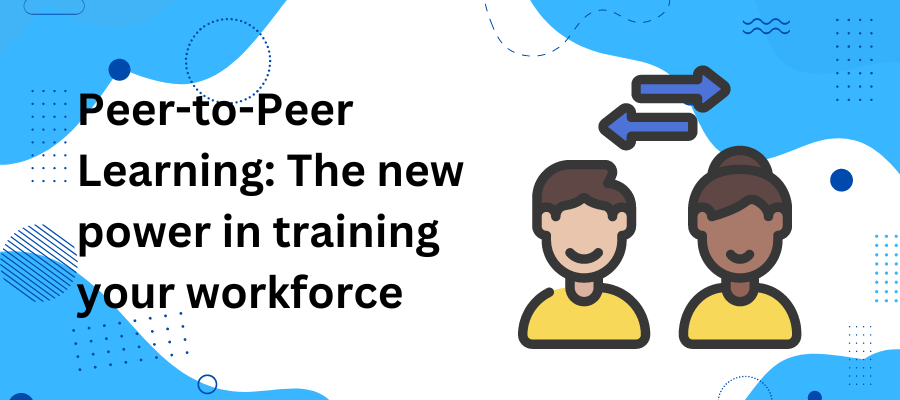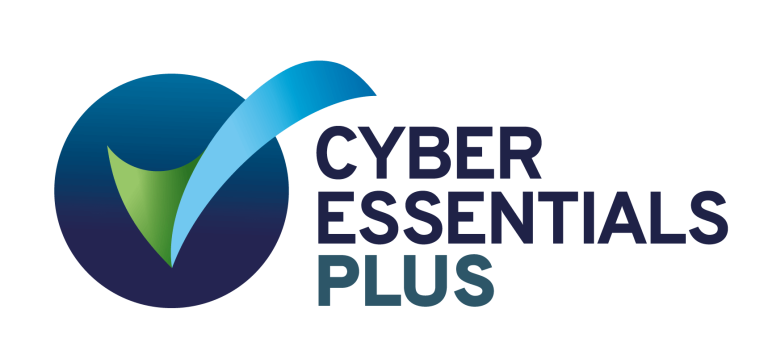In the rapidly changing world of work, continuous learning is not just a nice-to-have; it’s a necessity. As Neelie astutely points out, “With peer mentoring, a more experienced employee teaches knowledge and skills to a less experienced worker…Peer coaching, on the other hand, exposes employees to a bigger range of workplace skills.” Let’s explore these two powerful upskilling strategies further.
Peer Coaching: Unleashing Mutual Potential
Peer coaching is a strategy where employees from similar or different areas exchange knowledge and skills. This mutual learning process can lead to the development of new perspectives and problem-solving techniques. It’s a collaborative approach, where both parties actively participate in the learning process.
Peer Mentoring: Harnessing Experience and Expertise
Contrasting slightly with peer coaching, peer mentoring involves a more seasoned employee guiding and teaching a less experienced colleague. This mentoring process is far more than a simple transfer of knowledge; it’s a nurturing relationship that can foster growth, confidence, and ambition.
The value of peer mentoring lies in the ability to transfer institutional knowledge and specific skills seamlessly. It’s a process that encourages a sense of belonging and helps new employees to integrate more quickly into the company culture. The mentor, through sharing experiences, insights, and wisdom, helps the mentee navigate through the nuances of the workplace, offering support and encouragement along the way.
Furthermore, peer mentoring helps in building a supportive working environment, where employees feel valued and motivated to contribute their best. It also enables organisations to retain critical skills and knowledge, especially when dealing with retirements or internal transitions.
Implementation Strategies and Potential Challenges
The implementation of peer-to-peer learning strategies, such as peer mentoring, requires meticulous planning and management. Here are some key aspects to consider:
Establish Clear Goals: Determine what the programme aims to achieve and how it aligns with the company’s overall goals. This clarity helps in creating a focused approach that resonates with the participants.
Pair Participants Wisely: Matching mentors and mentees with complementary skills, interests, and career paths can increase the effectiveness of the mentoring relationship.
Encourage Open Communication: A culture that encourages transparency, trust, and open dialogue is essential for the success of peer mentoring.
However, the road to implementing a successful peer mentoring programme is not without its hurdles:
Reluctance from Employees: Some employees might be hesitant or uncomfortable with the idea of peer mentoring. Addressing this requires clear communication about the benefits and expectations of the programme.
Time Allocation: Balancing the mentoring relationship with regular work responsibilities can be a challenge. Sufficient time must be allocated to allow for meaningful engagement, without overburdening either the mentor or the mentee.
Monitoring and Feedback: Regular check-ins, monitoring, and feedback are essential for the continuous improvement of the programme. Without these, there might be disconnects or misunderstandings that hinder the process.
While peer mentoring offers a rich avenue for personal and professional development, it’s essential to approach its implementation with care, understanding, and a willingness to adapt and evolve. By acknowledging and addressing the potential challenges, organisations can unlock the full potential of this powerful learning strategy.
Real-World Examples
Tech giant Google’s ‘Googler-to-Googler’ program is a prime example of successful peer-to-peer learning, where employees voluntarily teach each other skills ranging from coding to public speaking.
Peer Coaching & Mentoring as Team Sports
Think of peer coaching and mentoring as a team sport, where each player has a crucial role to play for the team’s success. Just as each team member brings a unique skill set to the game, each employee brings a unique perspective and set of skills to the workplace. The goal is to share these skills and learn from each other to improve overall team performance.
Nurturing a Learning Culture through Peer-to-Peer Strategies
In summary, peer coaching and peer mentoring are powerful strategies to upskill your workforce. They foster a collaborative, learning-focused culture that can drive innovation and productivity.
TL;DR
Peer coaching and peer mentoring are effective upskilling strategies that foster a learning culture, improve problem-solving, and enhance productivity. Their successful implementation requires thoughtful planning and management.
An HR Professional’s Perspective on Peer-to-Peer Learning
As an HR professional, I’ve seen first-hand how peer coaching and mentoring can foster a culture of continuous learning. There’s an incredible power in learning from our colleagues – it not only drives individual growth, but it also fosters collaboration and innovation across the organisation.
More from the HR Blog



